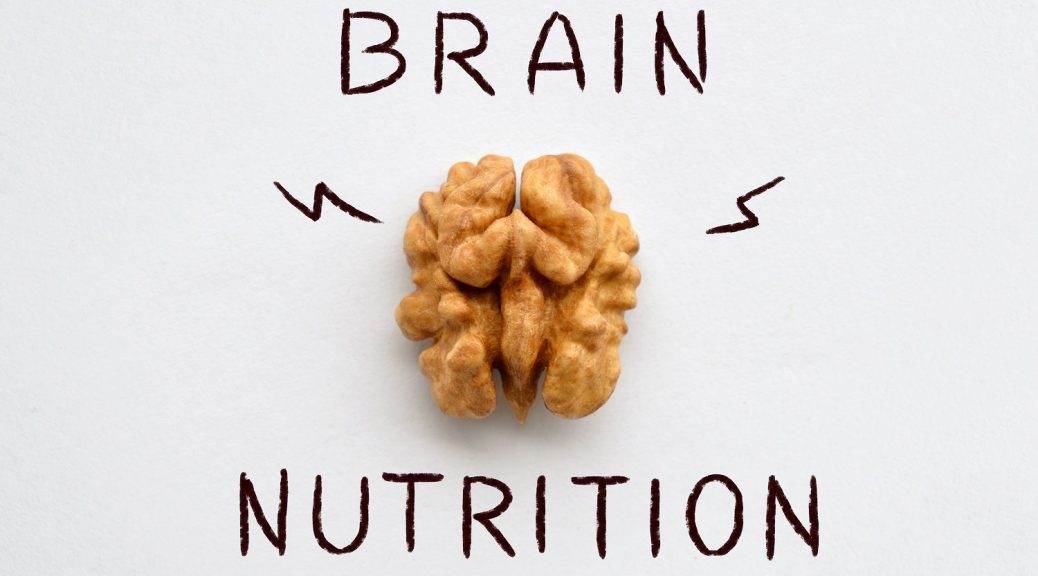
How your Diet can Improve Cognitive Health
Everyone knows that our diet influences our physical wellbeing, but a growing understanding of mental health has revealed that you really ‘are what you eat’.
What we eat and drink has been proven to affect how we feel, think and behave, so we need to make sure our brains are getting the nutrients they need. Nutritionists Rachel Bartholomew, health writer for Nutri Advanced, and Rose Holmes, education and training manager at Rio Health, have offered their advice on how a change in your diet can improve your cognitive wellbeing.
Boost your Vitamins
Micronutrient deficiency is a key factor in mental health problems, as many people are unknowingly deficient in crucial vitamins and minerals that support healthy brain function. As Rachel Bartholomew explains, “Essential vitamins and minerals are needed for many different aspects of optimal mental health and often there is a vicious cycle where low nutrient intake contributes to poor mental health and vice versa.”
Nutrients which Bartholomew recommends for include choline, a water-soluble vitamin-like essential nutrient which makes the neurotransmitter acetylcholine – this is important for mood, memory and cognition. You can find choline in meat, eggs and yeast extract. Magnesium is an important mineral, helping to produce the ‘feel-good’ neurotransmitter serotonin, which is crucial for a balanced mood.
Once considered to be just important for healthy bones, vitamin D is another valuable vitamin for cognitive health. Bartholomew says: “Optimal vitamin D levels are essential for neurological development. Low levels of vitamin D have been linked to cognitive impairment, depression and even autism.”
Iodine is another amazing mineral, which is used to make thyroid hormones: these play a crucial role in brain function and development. Sea vegetables are a particularly rich source of iodine, alongside shellfish, eggs, dairy foods and strawberries. B vitamins are also important for a healthy brain, and Rose Holmes recommends vitamins B12, B6, B3 and folate to regulate energy release in the brain’s cells.
Natural Herbs
Holmes recommends many natural, herbal substances to support brain health, such as Bacopa monnieri, which may improve memory and thinking skills. Centella asiatica (gotu kola) is another useful herb which may revitalise the brain and increase attention span, while Withania somnifera (ashwagandha) has been shown to promote balance and protect the brain from degeneration. Rosmarinus officinalis (rosemary) can also help protect the brain’s cells and reduce oxidative stress.
Food for Thought
“Antioxidants are important for brain health,” says Holmes, “to counter the effects of oxidative stress that occurs constantly, as the brain uses glucose and oxygen to produce energy to fuel its cells.” You can find antioxidants in fruits and vegetables like blueberries, raspberries, kale and spinach.
Caffeine can energise the brain, improving memory, reaction times and general brain function. For a more sustained effect, Holmes recommends guaraná, yerba maté or matcha yea, which provide caffeine complexed with other natural substances. These provide a healthier caffeine alternative to coffee, which can cause anxiety or insomnia.
It is important to keep our brains healthy because, as Holmes explains, “A sharp, healthy mind gives the greatest potential for a vital and meaningful life. Keeping our brains healthy and active aids whole-body function and helps us to actively interact and engage with the world.”
Words by Riana Dixon